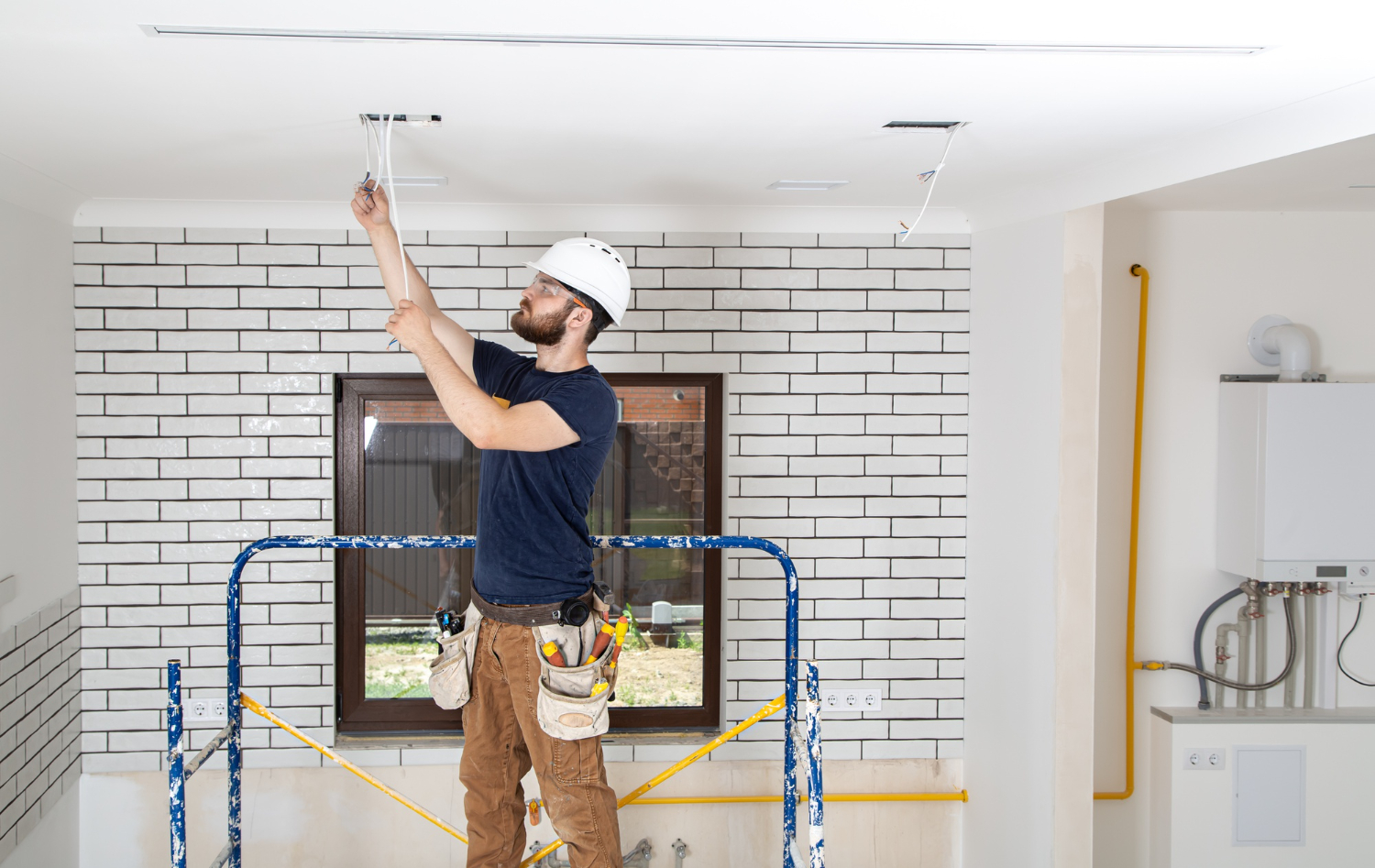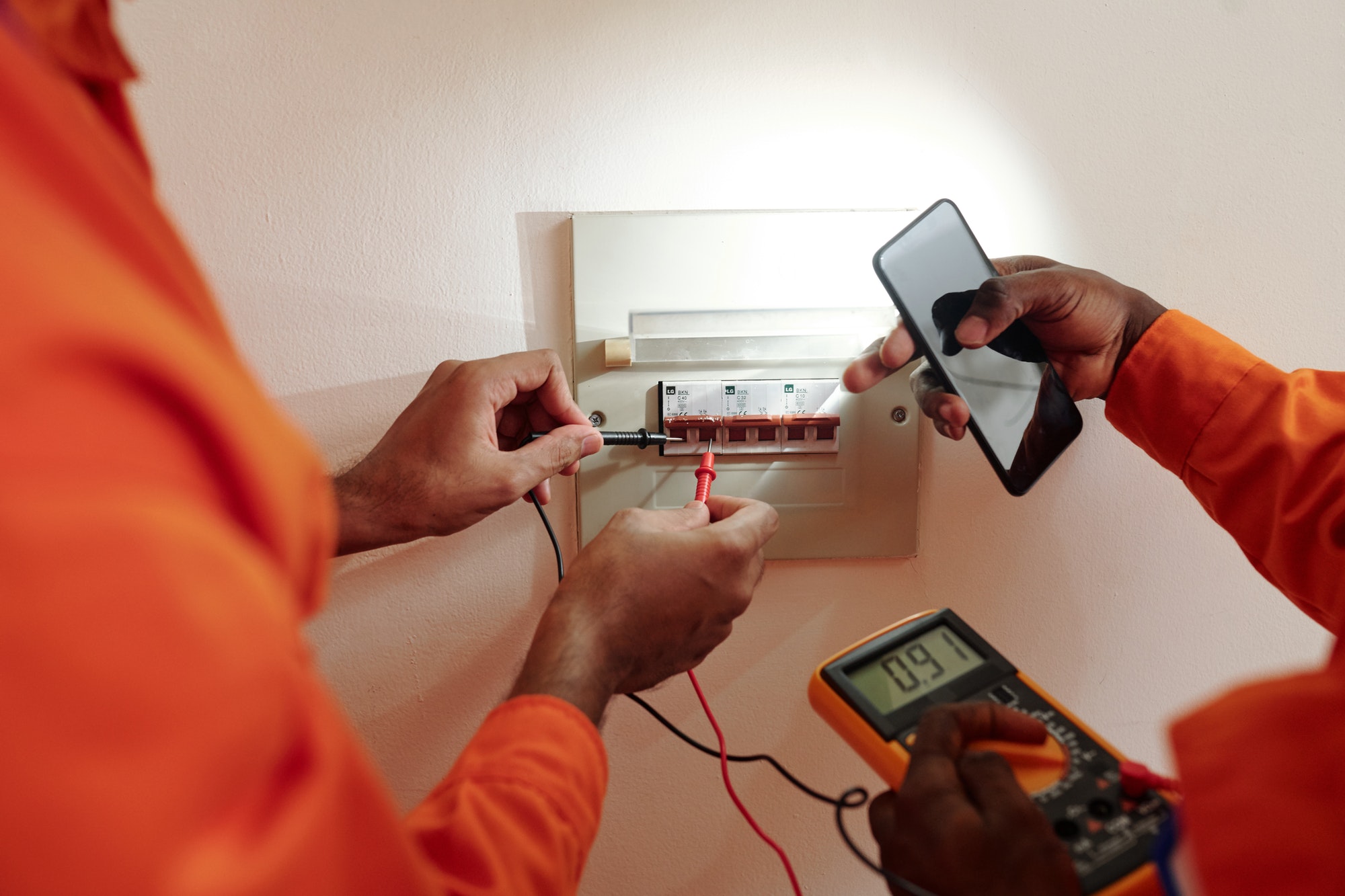The timeline for house rewiring can vary significantly depending on various factors, including the size of the house, the complexity of the existing wiring, and any additional upgrades or modifications required. Here’s a general overview of the typical timeline for house rewiring:
1. Assessment and Planning (1-2 Days)
Before beginning the rewiring process, a qualified electrician will conduct a thorough assessment of the existing electrical system to determine the scope of work required. This may involve inspecting the wiring, outlets, switches, and electrical panel to identify any issues or areas that need attention. Based on the assessment, a plan for the rewiring project will be developed, including the materials needed and the estimated timeline.
2. Preparation (1-2 Days)
Once the assessment is complete, preparations for the rewiring project will begin. This may include clearing the work areas, moving furniture or belongings away from electrical outlets and fixtures, and obtaining any necessary permits or approvals from local authorities.
3. Removal of Old Wiring (1-3 Days)
The next step is to remove the old wiring from the house. This process can take anywhere from one to three days, depending on the complexity of the wiring and the accessibility of the wiring routes. Care must be taken to remove the wiring safely and without causing damage to the structure of the house.
4. Installation of New Wiring (2-5 Days)
Once the old wiring has been removed, the new wiring can be installed. This typically involves running new cables through the walls, ceilings, and floors of the house to connect outlets, switches, light fixtures, and appliances to the electrical panel. The length of time needed for this step will depend on the size of the house and the complexity of the wiring layout.
5. Installation of Fixtures and Outlets (1-3 Days)
After the new wiring is in place, the electrician will install new outlets, switches, light fixtures, and other electrical fixtures throughout the house. This may include updating existing fixtures or adding new ones as needed. The time required for this step will depend on the number of fixtures and outlets to be installed.
6. Testing and Inspection (1-2 Days)
Once all the wiring and fixtures are installed, the electrician will test the electrical system to ensure it is functioning correctly and safely. This may involve checking voltage levels, circuit connections, and ground fault protection. After testing, the electrical system will be inspected by local authorities to ensure compliance with building codes and safety standards.
7. Cleanup and Finalization (1 Day)
Once the testing and inspection are complete, any debris or leftover materials from the rewiring project will be cleaned up, and the work areas will be restored to their original condition. The electrician will also provide any necessary documentation, such as certificates of compliance, to verify that the electrical work meets all regulatory requirements.
Conclusion
In total, house rewiring can take anywhere from 7 to 17 days or more, depending on the size and complexity of the project. It’s essential to work with a qualified and experienced electrician who can accurately assess your home’s wiring needs and ensure that the rewiring project is completed safely, efficiently, and to the highest standards. By following this timeline and working with professionals, you can ensure that your home’s electrical system is up to date, safe, and reliable for years to come.







